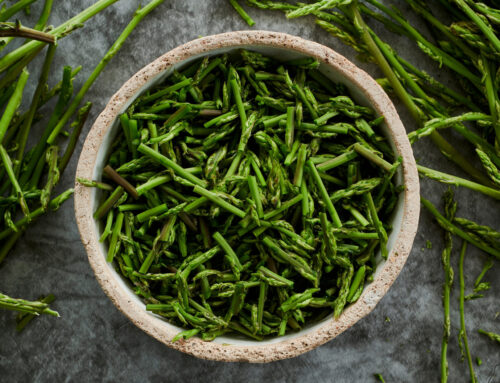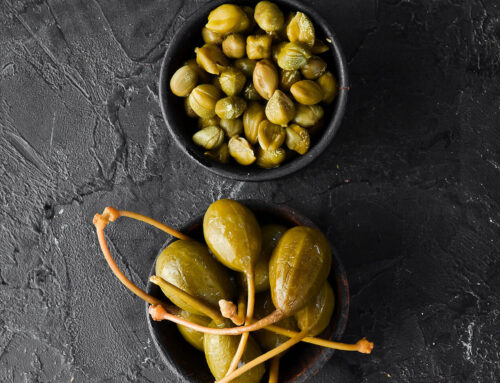Almonds: A Nutritious and Versatile Greek Superfood
Almonds are a highly nutritious and versatile nut, widely cultivated in Greece and celebrated for their many culinary uses and health benefits. As a Greek superfood, almonds play an essential role in Greek cuisine and culture, offering a delicious source of plant-based protein, healthy fats, and essential nutrients.
Almonds: A Mediterranean Staple
Almonds (Prunus dulcis) have been cultivated in the Mediterranean region, including Greece, for thousands of years. They are an integral part of the Mediterranean diet, valued for their exceptional nutritional properties and versatility in both sweet and savory dishes.
Nutritional Profile
Almonds are a nutrient-dense food, providing an excellent source of monounsaturated fats, plant-based protein, dietary fiber, and various vitamins and minerals. They are particularly rich in vitamin E, magnesium, and potassium, and also contain essential nutrients like calcium, iron, and phosphorus. Furthermore, almonds are a good source of antioxidants, which help protect cells from oxidative stress.
Health Benefits
The consumption of almonds has been linked to several health benefits, including:
Heart Health
The monounsaturated fats in almonds can help reduce LDL (“bad”) cholesterol levels and maintain healthy HDL (“good”) cholesterol levels, thereby promoting cardiovascular health.
Blood Sugar Control
Almonds have a low glycemic index and are rich in fiber and healthy fats, which can help regulate blood sugar levels and reduce the risk of type 2 diabetes.
Weight Management
The protein, fiber, and healthy fats found in almonds contribute to feelings of fullness and satiety, making them a satisfying and nutritious snack that can support weight management goals.
Culinary Uses
Almonds are a versatile ingredient in Greek cuisine, used in both sweet and savory dishes. They can be enjoyed whole, chopped, sliced, or ground into a meal or flour. Some popular Greek dishes featuring almonds include amygdalota (almond cookies), baklava, and various types of marzipan. Additionally, almonds can be incorporated into salads, pilafs, and crusts for fish or poultry, adding a delightful crunch and depth of flavor.
Supporting Local Producers and Sustainable Practices
By choosing almonds and supporting local growers, you can help preserve traditional cultivation practices and contribute to the sustainable development of the Greek agricultural sector. When purchasing almonds, consider opting for organic or sustainably-grown products, which not only benefit your health but also support environmentally-friendly practices.
Almonds are a nutritious and versatile Greek superfood that offers a unique combination of taste, health benefits, and cultural significance. By understanding their distinct properties and incorporating them into your diet, you can fully appreciate the role of almonds in Greek culture. Culinary arts students, chefs, researchers, and food enthusiasts can all benefit from embracing this nutrient-rich, flavorful nut in their cooking and dietary practices, adding a touch of Greek tradition and healthful nourishment to their meals. Supporting local producers and sustainable practices ensures the continuation of this precious crop and its positive impact on Greece’s agricultural heritage and local communities.



